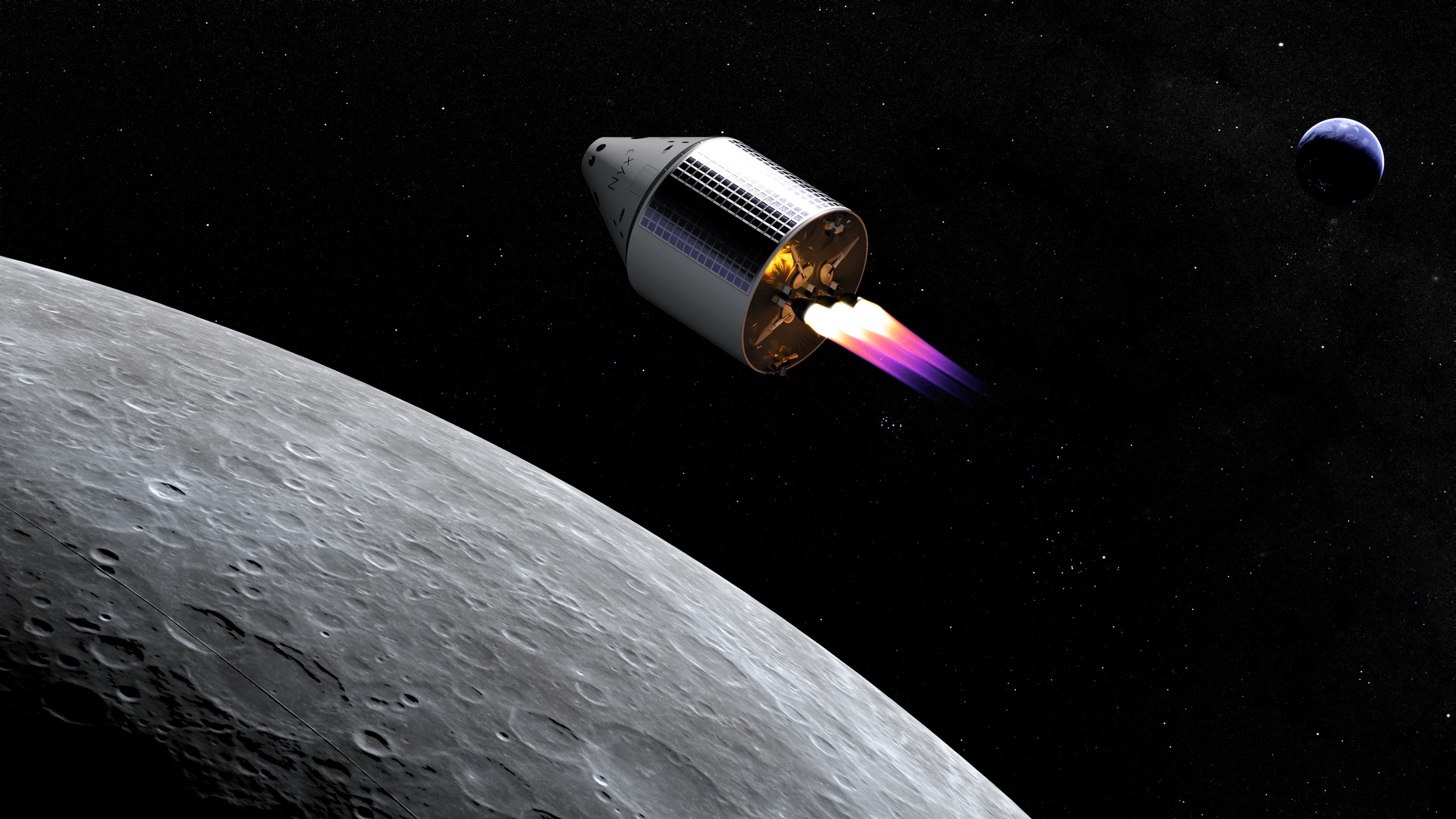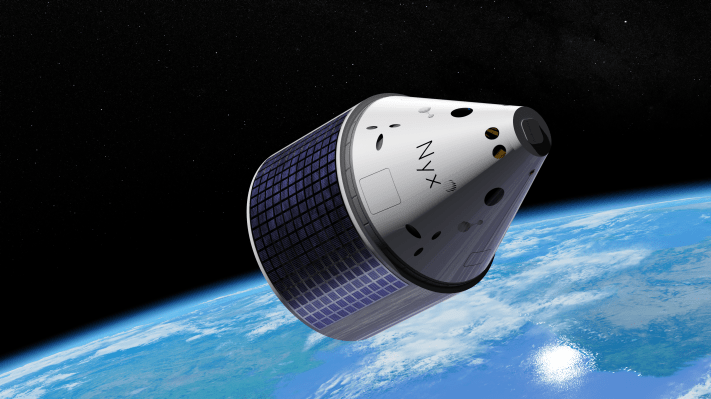The Exploration Company is developing a brand new reusable orbital spacecraft – TechCrunch
The European space scene is about five to 10 years behind America’s, Hélène Huby explained in a recent interview. She’s certainly qualified to make such an assessment: Huby spent much of her career at major European aerospace company Airbus, where one of her roles was VP of the European Service Module (ESM). The ESM is the power and propulsion component of NASA’s Orion orbital vehicle, which the space agency wants to use to return humans to the moon for the first time since the Apollo era.
Huby left Airbus in August 2021. As she tells it, “I didn’t want to spend my life working on a vehicle that is not reusable, cannot be refueled.” So she decided to make one herself.
In a move that likely caused some waves inside the aerospace company, she and two others — Artur Koop, the ESM propulsion subsystem lead, and Jon Reijneveld, the deputy lead systems engineer — departed Airbus. With Sebastien Reichstat and Pierre Vinet, they founded The Exploration Company, which is developing a reusable, refuel-able orbital vehicle. Its closest analogues are SpaceX’s Dragon capsule or Boeing’s Starliner. According to Huby, there is no close European competitor — and therein lies the opportunity for a European startup to keep up on the international stage.
“The [space] exploration ecosystem is going to change dramatically in the probably next 10 to 15 years,” she said. “If you make it happen, you have a huge advantage of being one of the first in the market.”
A different model for Europe
The Exploration Company has raised around €11.5 million ($11.6 million), including a €5.3 million ($5.3 million) seed round led by Promus Ventures, with participation from Vsquared and Cherry Ventures. Its workforce has grown to around 30 people.
The startup is moving fast — it’s planning on flying a demonstrator on an Ariane 6 rocket in October — and the speed is by design. While Huby stressed that she learned everything she knows at Airbus, she ran up against what has now become almost a meme in the startup world: a desire to move fast and be risk-taking in a corporate environment that may not welcome either of those things.
“It was rational, given the nature of my project,” she said. “It wouldn’t have been the right choice to stay at Airbus because it was just not the right setup for it to grow properly.”
While such a trend might be common in the United States, Huby added that The Exploration Company is unique in that nearly everyone in management spent the bulk of their careers in large corporations. “What you typically see in Europe is people [that] just graduated creating a company,” she explained. “I think we are the first where the majority of the co-founders are coming from a corporation.”
Bikini, then Nyx
The Exploration Company will be launching “Bikini,” a reentry demonstrator of their orbital vehicle, this year — followed in 2024 by the first functional prototype. The 2024 mission is around 80% pre-booked with customer payloads, Huby said. The bookings are both letters of intent or memorandums of understanding, so no customer has yet to pay a deposit and the agreements are not binding. Huby said the company is in talks with some customers to transfer some of these agreements to signed contracts, with down payments, by October.
In 2026, the company intends to launch the maiden flight of its proper orbital vehicle, named Nyx after the Greek goddess of the night. Like the Orion spacecraft, Nyx will be composed of two components: the service module and the capsule. It will be capable of carrying up to 4,000 kilograms to low Earth orbit for a maximum six-month mission. The capsule will be reusable, and the service module could also be reusable depending on the mission. The idea, Huby said, is to eventually be able to refuel the service module using propellant made in space, with space resources (often referred to as “in-space resource utilization”).
The Exploration Company is casting its net widely, so Nyx is designed to be launcher agnostic. This October, the Bikini demonstrator will fly aboard an Ariane 6 rocket out of French Guiana, while the first full-scale prototype will fly with SpaceX.
Huby pointed to Gateway, NASA’s plan to build an orbiting station around the moon, as one possible use case. Nyx could provide last-mile delivery to the lunar surface, refuel on the moon and go back to Gateway. She also referred to the myriad private space station plans that have cropped up, from Orbital Reef to Stargate, that will require spacecraft capable of transporting goods and people to and from Earth.
Notably, the company was one of 10 startups selected to be part of Amazon Web Services 2022 AWS Space Accelerator and has referred to Orbital Reef as a partner. Orbital Reef is a private space station being developed by Sierra Space and Jeff Bezos’ Blue Origin.

A rendering of Nyx. Image Credits: The Exploration Company
“I clearly see a need for more competition to basically solidify the business model of these private stations,” Huby said. “I think what is cool in what we are doing is that, on the one hand we provide Europe with independent access to what’s going to be a very big field of new activities. On the other hand, we provide the U.S. with more competition, which makes the business plan of these public-private space stations more reliable, which is in the very strong interest of NASA.”
Longer term, The Exploration Company also wants to develop a human-rated version of Nyx, much like how there is a cargo and crewed SpaceX Dragon capsule. The company plans on opening a U.S. subsidiary next year, with an eye on gaining the benefits of a relationship with NASA.
“We’ve not yet built this kind of cooperation with NASA and I’ve noticed already they will be open to that,” Huby said.




